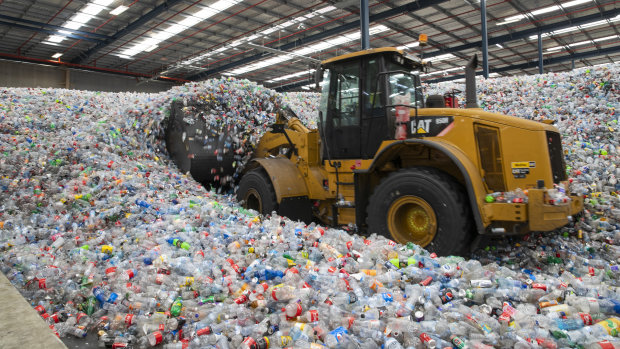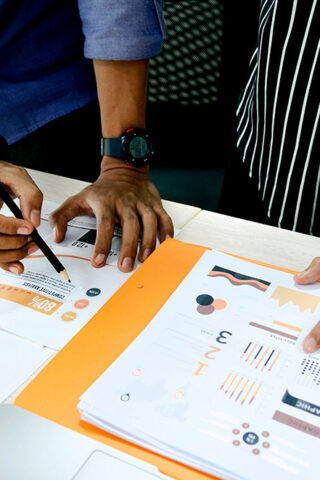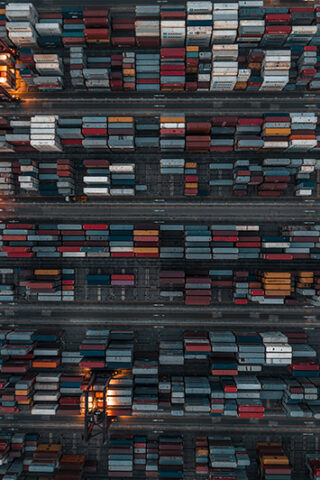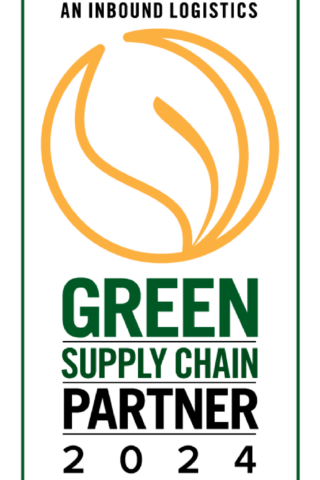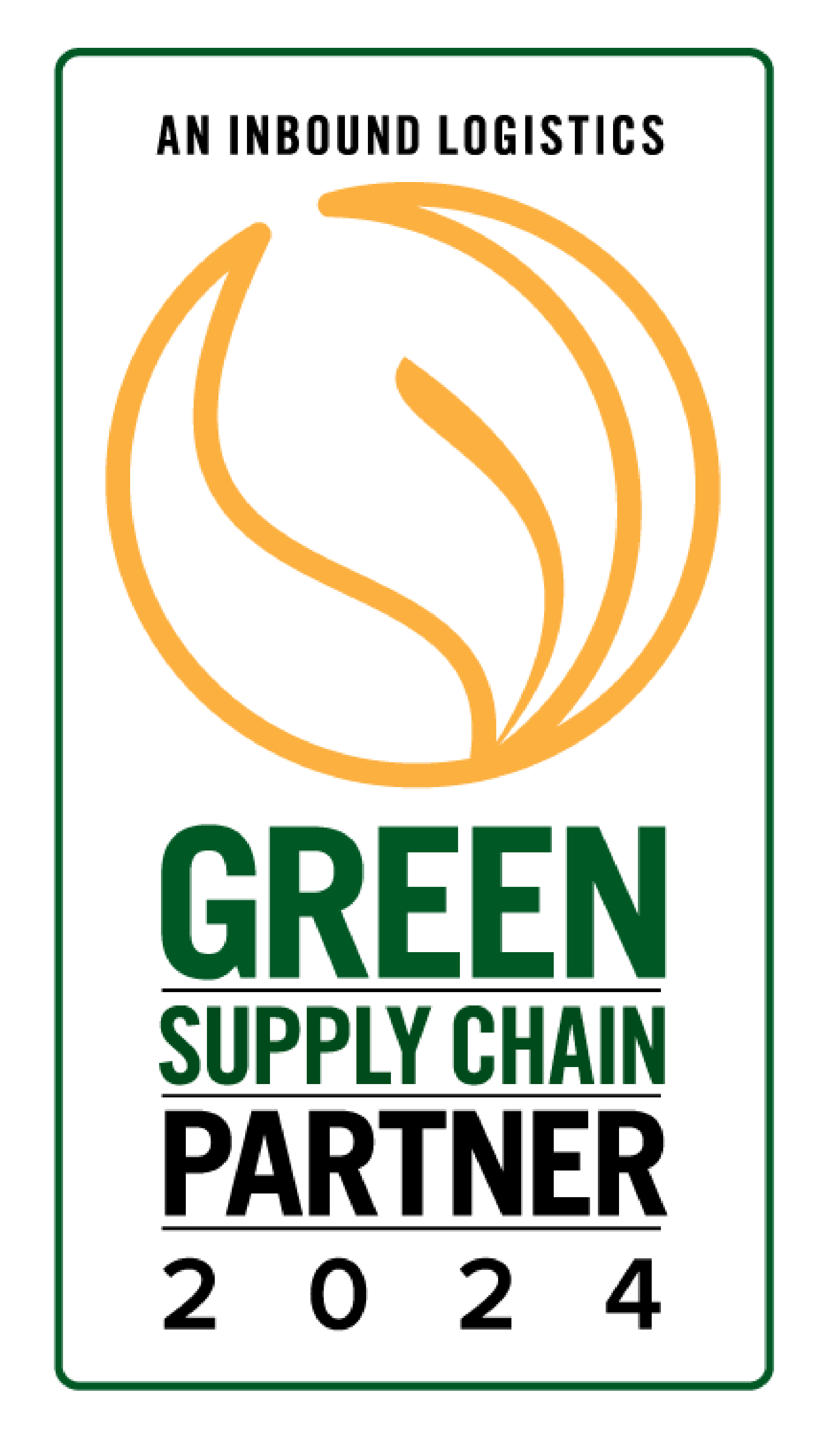Australian Financial Review, Ronald Mizen, Reporter, Nov 9, 2020 – 5.07pm
Productivity gains by moving to more re-use and recycling, or the so-called circular economy, could unlock $23 billion in gross domestic product and create tens of thousands of jobs by 2025, according to a new report.
Sometimes called the ‘take-make-recreate’ economy, circular economics seeks to minimise or phase-out waste and pollution in product life cycles and promote circular systems of reinvention, re-use and sharing.
Produced by NSW government-funded think tank, NSW Circular, the report suggests about 150,000 jobs could be created through circular economy initiatives in food, transport and the built environment by 2025.
The report follows the NSW Circular Economy Policy Statement in 2019, which seeks to embed circular economic thinking in government decision-making and begin outlining a plan to transition NSW to a circular economy.
NSW Circular chief executive Lisa McLean said circular economics represented an “immense” opportunity for both public and private sector organisations, particularly coming out of the coronavirus pandemic.
“It’s profitable, and it’s job generative, which is what we’re proving in this report,” Ms McLean told The Australian Financial Review.
Productivity boost
Population, productivity and participation have been the three key factors of economy growth, but with population set to stagnate and participation taking a hit during the recession, Ms McLean says productivity is key.
“Particularly in Australia, the efficiencies and productivity is what circular economy can deliver more than we’ve seen in decades,” she said.
“If we talk about replacing broken supply chains, how can we put a circular lens to this that’s going to generate that productivity?”
In addition to traditional circular economic activities such as recycling and product reuse, NSW Circular also wants to see more product-as-a-service business models and more decentralised utility systems.
The report also calls for a greater focus on “prosumers”, or producer-consumers who both generate and consume resources.
“We’re very familiar with that. We’ve got one of the fastest growing categories of prosumers with people putting solar on their roofs,” Ms McLean said. “Getting free energy from the sun, generating it and selling it.”
“It would be the same with water, it should be the same with waste. And if we look at mobility, there’s a shared approach as well.”
The report draws heavily on research undertaken by KPMG Economics commissioned by the CSIRO which shows by 2048, the value of the circular economy could increase to $210 billion in GDP and 17,000 full-time jobs.
Waste not
Westpac has identified major business opportunities from new approaches to recycling, as governments move to invest in recycling infrastructure ahead of a ban on the export of domestic waste.
